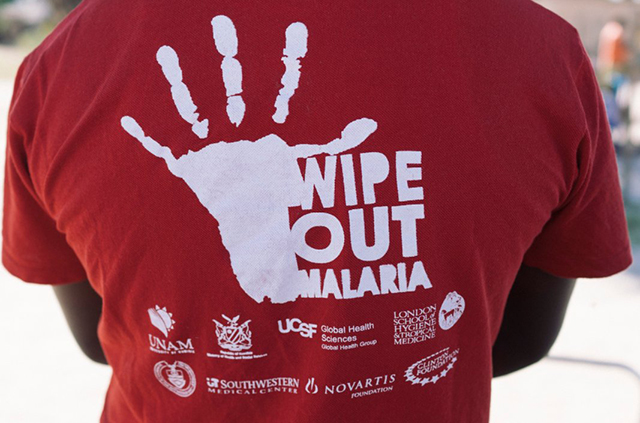AT LEAST 181 malaria cases have been reported in the Zambezi region since January, a significant decline from 2 437 reported during the same period last year.
The health ministry’s spokesperson, Manga Libita, told yesterday that out of 181 cases, 28 were of people who contracted the disease from outside Namibia.
“No outbreak of malaria has been detected so far in the region, as the cases are very low this year. All reported, confirmed positive malaria cases are sporadic” she added.
Libita further urged the public to wear clothes that cover the hands and legs in the evening, and to continue using mosquito nets.
The malaria elimination initiative of the University of California, San Francisco, in the United States last month donated an insectary container to the University of Namibia’s Katima Mulilo campus to be used towards malaria elimination activities in the region.
Katima Mulilo campus’ assistant pro-vice chancellor, Bennet Kangumu, said during the handover of the insectary that this new facility will double the current research measures, and in addition provide space for training health personnel in the region on ecology, epidemiology as well as help control malaria and other infectious diseases.
“With this new facility, the University of Namibia’s Katima Mulilo campus looks forward to becoming a centre of excellence in malaria research and control. The container will house equipment which will include mosquito larvae breeding laboratories to be used in the handling of all ecological and entomological studies relating to the vectors that spread malaria in our region,” he explained.
The University of California’s associate director, Cara Smith Gueye, said this is the second insectary in the country, serving to expand knowledge on malaria. It will support evidence-gathering and capacity-building in the Zambezi, Kavango East and potentially Kavango West, which are the three regions with the majority of the country’s malaria transmission rates.
“In the recent past, there was little funding to support entomological surveillance fieldwork, lab work and analysis. However, the tide is starting to turn. More malaria programmes funders, and the World Health Organisation, are starting to see that without a good understanding of your vectors, elimination will be nearly impossible,” she noted.
Stay informed with The Namibian – your source for credible journalism. Get in-depth reporting and opinions for
only N$85 a month. Invest in journalism, invest in democracy –
Subscribe Now!






